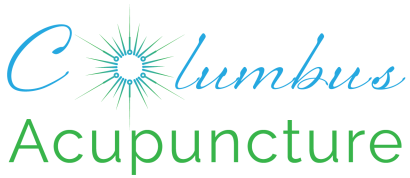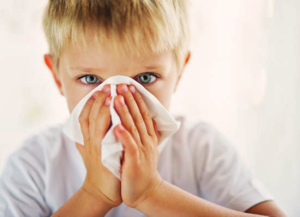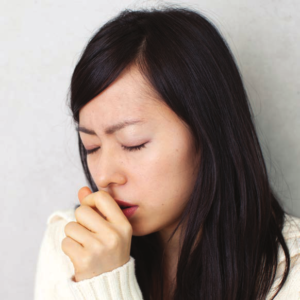
2520 California St, Ste G
Columbus, IN 47201(812) 374-4518
- Monday9am-4pmTuesday9am-5pmWednesdayclosedThursday9am-5pmFriday9am-5pmSatclosedSunclosed
-
Latest Articles:
- • Add These 10 Immune-Boosting Foods to Your Fall Diet •
- • Keep Your Skin Healthy and Glowing with these Fall Skincare Tips •
- • Beat End of Year Burnout with these Fall Self-Care Rituals •
- Sign up to receive news and updates and get my free report:“The Top 10 Reasons to Try Acupuncture”

Uncategorized
Acupuncture and Allergies – Research Update
 The American Journal of Rhinology and Allergy published research that found acupuncture effective for the treatment of allergic rhinitis. Allergic rhinitis is also known as hay fever. The researchers compiled the results from 13 quality studies, which followed 2,365 participants. The various studies confirmed acupuncture significantly lowers the antibody known as immunoglobulin E or IgE. IgE is the antibody associated with allergies and hypersensitivities. The researchers found not only was the IgE antibody lowered, but so too were the symptoms associated with allergic rhinitis. The participants also reported better quality of life.
The American Journal of Rhinology and Allergy published research that found acupuncture effective for the treatment of allergic rhinitis. Allergic rhinitis is also known as hay fever. The researchers compiled the results from 13 quality studies, which followed 2,365 participants. The various studies confirmed acupuncture significantly lowers the antibody known as immunoglobulin E or IgE. IgE is the antibody associated with allergies and hypersensitivities. The researchers found not only was the IgE antibody lowered, but so too were the symptoms associated with allergic rhinitis. The participants also reported better quality of life.
Acupuncture and Traditional Chinese Medicine offer a permanent solution to seasonal allergies with an all-natural approach that will ultimately save you money. Since TCM attacks allergies in a much different method than Western medicine, there is a good chance your allergies will cease to be a problem. Western medicine knows how allergies work and what happens to the body, but there is still no explanation as to why. TCM doesn’t need to know why, this is because TCM looks at the body as a whole and uses an elemental system to determine where there are excesses and deficiencies in each person. So the TCM treatments are completely customized to each patient, thus making them much more effective than over-the-counter medications.
When using TCM to treat allergies, practitioners focus heavily on something called Wei Qi. Wei Qi is similar to the immune system in Western medicine. Wei Qi protects the body against foreign materials that can lead to inflammation and eventually allergies. People with lower immunity/Wei Qi are more susceptible to allergies and frequent colds. Acupuncture helps to boost the Wei Qi making it more difficult for allergens to attack the body.
Acupuncture by itself will make a difference in fighting allergies, but adding herbs and herbal formulas will provide the final punch to help eliminate allergies for good. Because each patient has different causes for their allergies, adding herbal formulas can greatly increase the efficacy of the acupuncture treatments by extending the effect of the needles. For example, if a patient specifically gets itchy, watery eyes when their allergies flare up, then the practitioner would likely want to draw the excess energy/element down. In this particular case, the patient would have an excess of fire creating wind. The practitioner would use acupuncture points known to decrease fire and wind in the body. Also adding herbs that do the same thing, would create a one-two punch type of treatment that has longer lasting, more permanent effects.
Ultimately what acupuncture does is boost the Wei Qi/immune system while decreasing the inflammatory response in your body that occurs when an allergen is encountered. The other aspect of treatment, as stated earlier, is to look at the patient as a whole versus just the symptoms. A good acupuncturist will also focus on dietary habits that may be contributing to your allergies. Many times a person’s Wei Qi is depleted from within due to the foods they are eating. Things like sugar and dairy are often associated with a lower immune system. Eliminating or drastically reducing these items will allow the body to recover more quickly, making allergy attacks easier to resolve.
A comprehensive plan that includes acupuncture treatments, herbs and dietary changes will yield the best results when it comes to fighting allergies.
Acupuncture for Fibromyalgia
Fibromyalgia affects approximately two percent of the U.S. population or around five million people. Fibromyalgia is a syndrome with many different symptoms that can vary from patient to patient: the primary symptom all fibromyalgia patients share is widespread, diffuse pain that persists as well as sleep disturbances. The cause of fibromyalgia is unknown although many people with the condition have a history of either physical or emotional trauma. Read More . . .
Acupuncture and the Adrenal Glands
 The adrenal glands are endocrine glands that produce multiple hormones. The adrenals are located directly above the kidneys and they are vital to human existence. The hormones produced by the adrenals are particularly important during times of stress. Adrenaline and naturally occurring steroids such as aldosterone and cortisol are made by the adrenals. These hormones help the body control blood sugar, burn fat, react to stressors and regulate the blood pressure. This makes the adrenals extremely important.
The adrenal glands are endocrine glands that produce multiple hormones. The adrenals are located directly above the kidneys and they are vital to human existence. The hormones produced by the adrenals are particularly important during times of stress. Adrenaline and naturally occurring steroids such as aldosterone and cortisol are made by the adrenals. These hormones help the body control blood sugar, burn fat, react to stressors and regulate the blood pressure. This makes the adrenals extremely important.
Traditional Chinese Medicine views things differently than Western medicine, but the adrenal glands are still an important part of the body. TCM treats the adrenal glands as part of the kidneys and the kidney energetic pathway. This means the adrenal glands are part of the water element. The kidney area is seen as a key role player that determines the quality of life in TCM. This is because the kidneys control the internal Qi (pronounced “chee”), which is considered the body’s life force.
The body is a complicated machine that has a very efficient self-regulating system. When the body is depleted of quality food or sleep, then it will not be able to function and carry out all the important functions. This is why many people experience eating binges or extreme fatigue accompanied by excessive sleep when they are under severe stress.
Everyday stress can drain the body of energy, nutritional reserves and Qi over time. When this occurs, the body may experience a breakdown, a drop in immunity or great fatigue. If this continues, adrenal fatigue may develop. Adrenal fatigue is a condition where the adrenal glands become weak and then produce insufficient amounts of the hormones needed for everyday life. Symptoms of adrenal fatigue include low libido, food cravings, general malaise, emotional problems, weight gain, low immunity, difficulty concentrating and thyroid issues.
TCM offers a couple of possible solutions to treating weakened adrenal glands. Acupuncture treatments and moxibustion can greatly help the adrenals. Regular acupuncture treatments can strengthen the kidneys. Over time, the adrenals/kidneys will regain some of their Qi, thus helping the body to fuel and heal itself. Acupuncture is so effective because it helps reduce stress and it turns on the relaxation part of the nervous system. When the relaxation side of the nervous system is turned on, the heart rate will return to normal, digestion will improve and sleep will become deeper and more restful.
Moxibustion is another tool in the TCM toolbox that can help heal the adrenal glands. Moxibustion is the burning of a dried herb, specifically mugwort. The mugwort is placed on specific acupuncture points that are known to tonify or improve the Qi associated with the kidneys/adrenal glands. Both moxibustion and acupuncture can be performed frequently to help bring the body back into balance.
Incorporating healthy eating habits, regular exercise and restful sleep can also keep the adrenal glands performing well. But when we are stressed, many of the things we know are good for us, tend to get moved to the back burner. This is where getting regular acupuncture treatments can be very beneficial. So if excessive stress is a factor in your life, consider adding acupuncture treatments that can help you relax mentally and keep you healthy physically.
Acupuncture and Cold Prevention
 The common cold is something everybody deals with and there are a thousand different suggestions on how to avoid catching a cold. Everything from megadoses of vitamin C to increasing your sleep time. And while some of these are not bad ideas, there is not a lot of proof they can prevent a cold. Some people have stronger immune systems than others and this plays into how often they get sick. Also, there are many environmental factors to account for. And while nothing is going to work every time for every person, there are still ways a person can prepare for cold season.
The common cold is something everybody deals with and there are a thousand different suggestions on how to avoid catching a cold. Everything from megadoses of vitamin C to increasing your sleep time. And while some of these are not bad ideas, there is not a lot of proof they can prevent a cold. Some people have stronger immune systems than others and this plays into how often they get sick. Also, there are many environmental factors to account for. And while nothing is going to work every time for every person, there are still ways a person can prepare for cold season.
Traditional Chinese Medicine has been around for nearly 3,000 years and it utilizes many different tools to help people stay healthy. According to TCM theories, there are six causes of disease: wind, cold, summer heat, dryness, dampness and fire. The human body has to adapt to changes in these elements in order to remain healthy. The main cause of the common cold is wind and it is often associated with sudden or abnormal changes in the weather. Wind frequently combines with other forces to cause different types of illnesses. The most common are wind cold and wind heat.
Wind cold invasions cause the types of colds that are usually experienced during the snowy winter months. Wind heat invasions cause the types of colds that are commonly seen during the warmer months, when the seasons change from spring into summer and summer into fall.
Traditional Chinese Medicine has been very successful in treating people who suffer from frequent colds. Every person has an immune system that usually fights off invasions of bacteria and viruses. But sometimes, when a person is under a lot of stress or doesn’t sleep well or doesn’t eat right, then that immune system can become compromised and a cold may develop. TCM emphasizes prevention through the use of acupuncture, herbal formulas and diet.
Regular acupuncture treatments can increase a person’s immunity, making it easier to fight off any foreign invaders. Herbs such as Angelica root is also frequently prescribed to rid the body of viruses. Andrographis or Chuan Xin Lian in Chinese is another herb that is frequently used because it reduces the severity of cold symptoms while strengthening the immune system. Forsythia fruit or Lian Qiao, is another herb that is used frequently to treat the common cold.
There are other things that can be done to prevent the common cold and they are not specific to TCM, but they are recommended. For instance, covering the back of the neck is very beneficial. The nape of the neck is thought to be the entry point for many viruses. Therefore, keeping this area covered up especially when it is windy, may help keep a person from getting sick. Also, it is recommended to eat according to the season. So as the weather gets colder, one should eat more warm and cooked foods.
One last thing that may be very beneficial in the prevention of colds is exercise. To keep energy flowing throughout the body, it is necessary to move. This is where incorporating a daily practice of tai chi or qi gong might be helpful. Both tai chi and qi gong are very easy to learn and the practices are low impact. Tai chi is even being used around the globe in senior homes to help the residents regain balance and keep them healthy, both mentally and physically.
Consider adding Traditional Chinese Medicine to the toolbox when a cold comes on. A licensed acupuncturist and herbalist may be very beneficial to your health and well-being.
Research Update – Electroacupuncture for Pain
 A study published in Anesthesiology: The Journal of the American Society of Anesthesiologists, Inc., tested electroacupuncture for its effectiveness in treating persistent pain. Although the subjects used in the study were animals, the findings can be easily translated and adjusted so the same methods can be used to treat human beings. The studies showed that electroacupuncture can greatly decrease several types of pain, including neuropathic, inflammatory, cancer-related and visceral pain. The studies showed solid evidence that electroacupuncture can indeed be used for analgesia in patients that are suffering from chronic pain, regardless of the type of pain.
A study published in Anesthesiology: The Journal of the American Society of Anesthesiologists, Inc., tested electroacupuncture for its effectiveness in treating persistent pain. Although the subjects used in the study were animals, the findings can be easily translated and adjusted so the same methods can be used to treat human beings. The studies showed that electroacupuncture can greatly decrease several types of pain, including neuropathic, inflammatory, cancer-related and visceral pain. The studies showed solid evidence that electroacupuncture can indeed be used for analgesia in patients that are suffering from chronic pain, regardless of the type of pain.
http://anesthesiology.pubs.asahq.org/article.aspx?articleid=1917956#66563380
Acupuncture is a modality used in Traditional Chinese Medicine (TCM) in which a practitioner inserts hair-thin, solid, stainless steel needles into the body, under the skin along energetic pathways. These energetic pathways, or meridians, are invisible lines that run throughout the body. These meridians allow energy or Qi (pronounced “chee”) to flow throughout the body, keeping the body in balance and alignment. For optimal health to be achieved, Qi must flow freely without any blockages. Blocked or stagnant energy can result in disease or decreased vitality.
Electroacupuncture is a variation on acupuncture. Electroacupuncture works the same way as regular acupuncture, but it uses the needles as conduits that administer small jolts of electricity that invigorate the skin and muscles of the body. Electricity increases the effects of acupuncture. This can lead to increased energy, pain relief, and much, much more. The electrical charges encourage additional physiological processes that go beyond the mere stimulation of Qi. Acupuncture coupled with electricity, encourages the body to release neurotransmitters that can act as natural painkillers. Because of this, electroacupuncture is becoming more common in the treatment of pain.
Electroacupuncture is especially useful for conditions in which there is an accumulation of Qi, such as chronic pain. This type of acupuncture can be used as a pain reliever for muscle spasms, neurological disorders and possibly even heart disease. There is evidence that electrical stimulation of acupressure points can activate the endorphin system. This can actually lower blood pressure and decrease the risk of heart disease.
Electroacupuncture produces a rhythmic, non-painful muscle twitch just below the needle through the use of a very small milliamp current. This stimulation triggers perfusion of blood flow locally. This blood flow carries essential nutrients that promote muscle regeneration. The use of electroacupuncture can break pain cycles, while smoothing the way for a person’s own pain-relieving mechanisms. Electroacupuncture also relaxes muscles.
Electroacupuncture does come with risks and it is not appropriate for everybody. Anybody who has a history of seizures, epilepsy or stroke, would not be an ideal candidate for the use of electroacupuncture. Also, it is not recommended for people who have pacemakers, as it can interfere with the electrical current of the devices. Before trying electroacupuncture, the practitioner should verify that you are not at risk. If they do not, it is vital for the patient to bring this up to avoid any complications.



